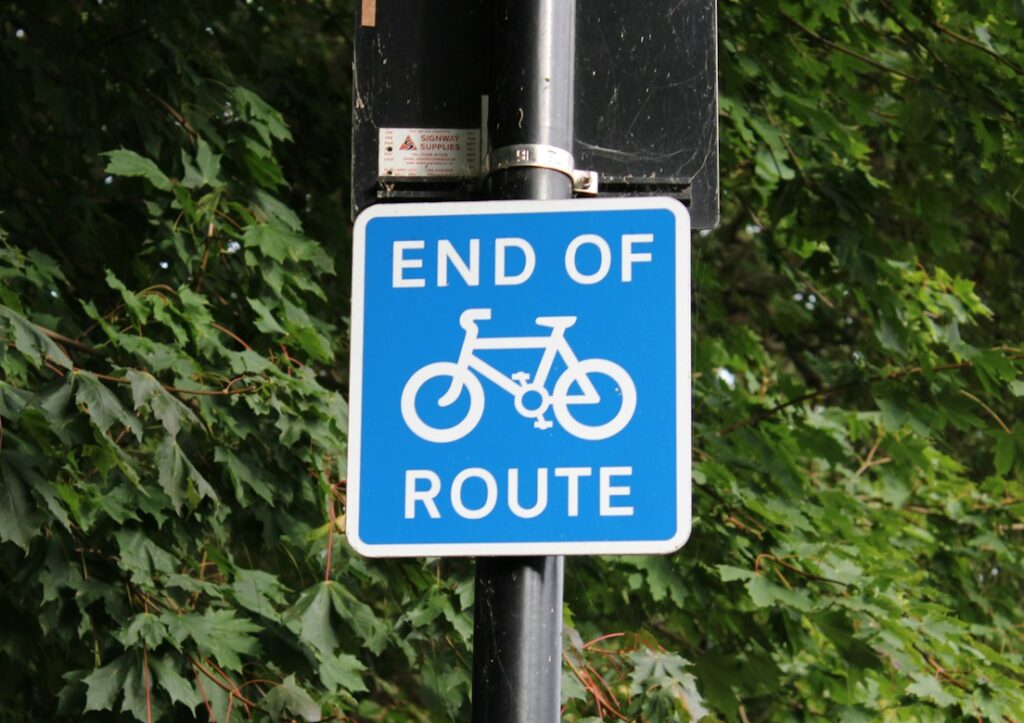Council leaders and mayors from around the country have signed up to an ambitious clean air plan, following a high-level summit in London.
The #LoveCleanAir summit was hosted yesterday (February 14) in London by the capital’s mayor, Sadiq Khan, the UK100 group of local authorities and UNICEF UK.
Environment Secretary, Michael Gove, and the Health Secretary, Matthew Hancock also attended the event.
‘UK100 are delighted that city leaders and mayors representing 20 million people across the length and breadth of the country have today signed up to the world’s most ambitious plans for clean air legislation including tougher, legally binding WHO limits on air pollution,’ said UK100 Director, Polly Billington.
‘The head of the NHS and the Secretary of State for Health listened to the discussions and the Secretary of State for Environment Michael Gove promised he would sign up to the pledges soon. We look forward to continuing these productive discussions to ensure we all #LoveCleanAir.’
The leaders of Birmingham City Council, Liverpool City Council and Cambridge City Council, along with Greater Manchester mayor Andy Burnham were among the 18 signatories to the plan, which calls for the government’s proposed Environment Bill to be renamed the Clean Air and Environment Bill and include the following provisions:
- Adopt World Health Organisation recommended air pollution limits as legally binding targets to be achieved by 2030 to guarantee the highest health standards that are supported by improved monitoring that assesses air quality and the powers to enforce.
- Create an independent watchdog that is adequately funded and empowered to hold the Government to account, including through legal action and the levelling of fines, and review and be able to require action needed to reduce air pollution from Government and other public bodies such as Highways England.
- Grant Local Authorities the powers they need, with necessary resources, to deliver zero emission transport networks.
- Enable the setting and enforcement of ambitious standards for local air quality, including for solid fuel stoves. Including powers for regional authorities to control emissions from other fixed sources, such as boilers and combined heat and power sources as well as set energy efficiency standards including for existing buildings.
- Establish adequately resourced local powers to set and enforce emission zones for Non-Road Mobile Machinery such as construction, industry and agricultural equipment.
- Require co-ordinated action from private and public bodies to improve air quality, such as: ports, Highways England, Network Rail, Homes England, Environment Agency and Directors of Public Health, and provide necessary resource to enable activity.
Pictures: City Hall.
















